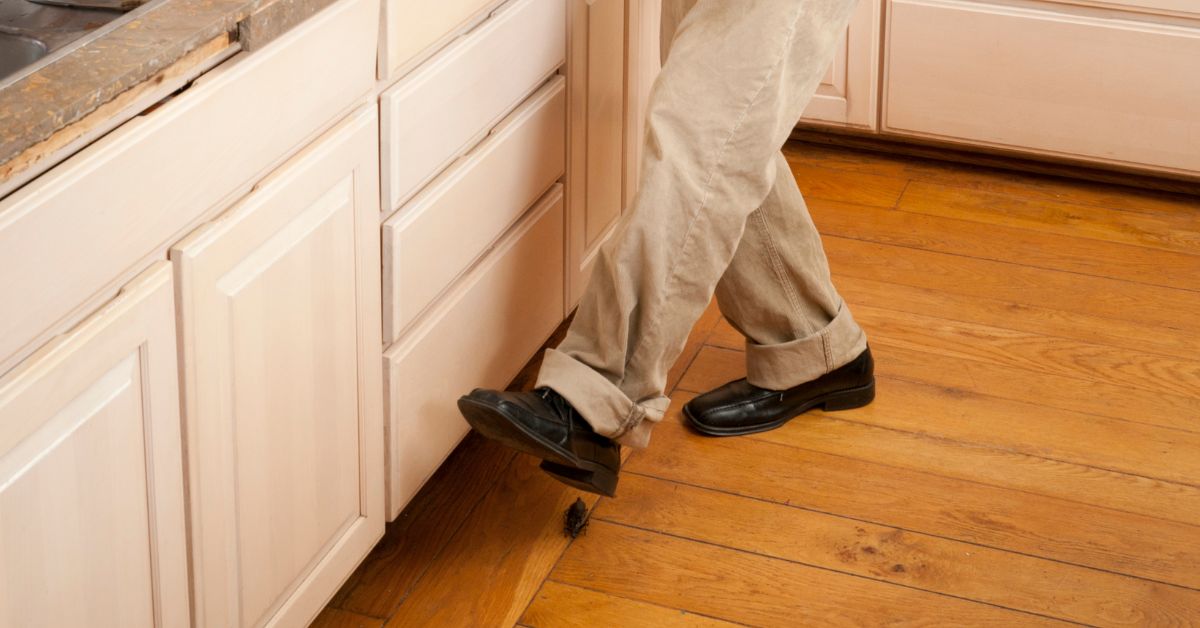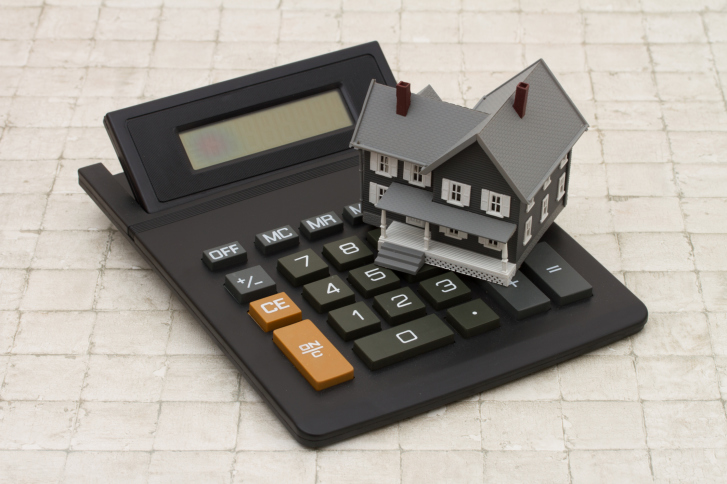What Are The Different Types Of Investment Properties You Can Purchase?
 If you are looking for a way to diversify your investment portfolio, there are different options available. One option is to invest in real estate. With so many different choices, how can you select the right one for your needs? There are a few key points to keep in mind.
If you are looking for a way to diversify your investment portfolio, there are different options available. One option is to invest in real estate. With so many different choices, how can you select the right one for your needs? There are a few key points to keep in mind.
A Single-Family Home
One of the first options you might be considering is a single-family home. This is a versatile option that you can use to host long-term renters or vacation visitors. Single-family homes come in many shapes and sizes, but the variation can also make it a bit of a challenge. You need to think about landscape maintenance, potential repairs, and real estate taxes. Single-family homes can also be expensive, so they might require more upfront cash to purchase.
A Duplex
Another option you might want to consider is a duplex. A duplex is a house that is essentially divided into two parts. This option provides a number of advantages. You could potentially live in one side of the house and rent out the other, possible covering your mortgage, if you are comfortable living near your renters. Furthermore, living close to the renters could make it easier for you to manage the property. Because you could live in one side of the house, this option could be more affordable.
A Condo
In addition, you might be thinking about purchasing a condo as a rental property. A condo could be a nice option because you don’t have to worry about exterior maintenance. There is usually an HOA that is responsible for managing the landscape. The downside is that a condo typically comes with expensive HOA fees that could eat into your profits. Condos come in all shapes and sizes, so you should think carefully about whether this option is right for you.
Find The Right Investment Property For Your Needs
If you are thinking about purchasing a rental property, these are a few of the top options available. Each choice has its benefits and drawbacks, and you need to think carefully about which one is right for your style. If you have questions about investment properties, you should reach out to an expert who can help you.

 There are a lot of pests that may try to make their way into your home, and they can cause significant health and safety issues in addition to detracting from your property values. It can be very difficult to remove infestations once they have infiltrated your home, so it is always better to prevent them from happening. What are a few tips you should keep in mind?
There are a lot of pests that may try to make their way into your home, and they can cause significant health and safety issues in addition to detracting from your property values. It can be very difficult to remove infestations once they have infiltrated your home, so it is always better to prevent them from happening. What are a few tips you should keep in mind?  If you are interested in purchasing a home, how much money should you put down? This is a difficult question that all potential homeowners need to answer, as it will dictate the size and location of the house you can afford. There are a number of factors to consider, so what do you need to know?
If you are interested in purchasing a home, how much money should you put down? This is a difficult question that all potential homeowners need to answer, as it will dictate the size and location of the house you can afford. There are a number of factors to consider, so what do you need to know?